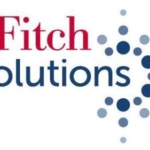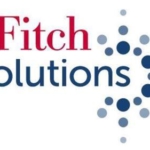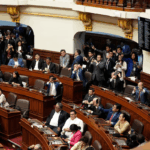
Fitch Solutions says the sustainability of Ghana’s macroeconomic recovery remains highly dependent on persistently high gold prices.
According to the UK-based firm, a sharp decline in gold prices – for instance, triggered by a de-escalation of geopolitical tensions – would significantly reduce Ghana’s dollar earnings and deflate its international reserves, placing renewed pressure on the cedi.
In its analysis of the Ghanaian economy, it said a substantial decline in gold prices would drive a sharp rebound in inflation. This will prompt the Bank of Ghana to maintain a tighter policy stance than currently anticipated.
It, however, said it does not expect lower interest rates to put pressure on the exchange rate.
According to the UK-based firm, though in theory, lower interest rates could reduce the attractiveness of cedi-denominated assets, real interest rates will remain comfortably positive.
This suggests that the easing cycle is unlikely to prompt capital outflows.
It said persistently high global gold prices by historical standards will support export earnings and ensure a steady inflow of foreign currency throughout 2026, bolstering the Bank of Ghana’s external buffers and giving it the capacity to stabilise the cedi despite a looser monetary policy stance.
Risk To Outlook
Meanwhile, the risks to the interest rate outlook for Ghana are mixed.
On the downside, Fitch Solutions said the BoG’s 300 basis points rate cut in July 2025 signals a strong willingness to ease policy now that macroeconomic fundamentals have improved largely thanks to elevated gold prices.
“If inflation continued to decline more rapidly than anticipated, the BoG would likely adopt a more accommodative stance than our baseline forecast suggests”, it mentioned.
- President Commissions 36.5 Million Dollars Hospital In The Tain District
- You Will Not Go Free For Killing An Hard Working MP – Akufo-Addo To MP’s Killer
- I Will Lead You To Victory – Ato Forson Assures NDC Supporters
Visit Our Social Media for More




